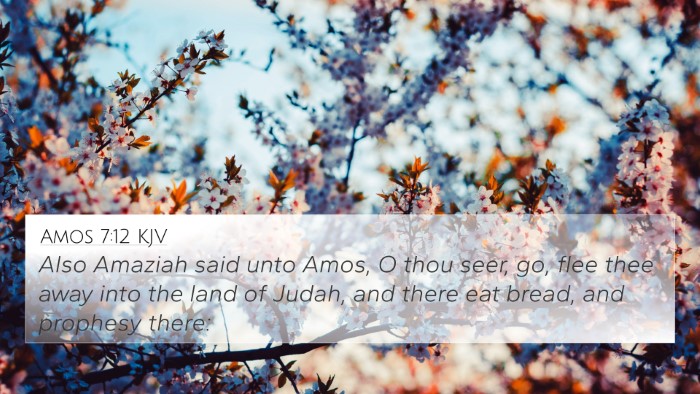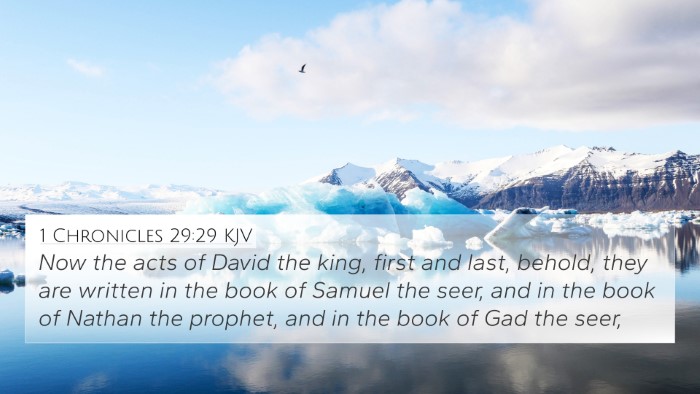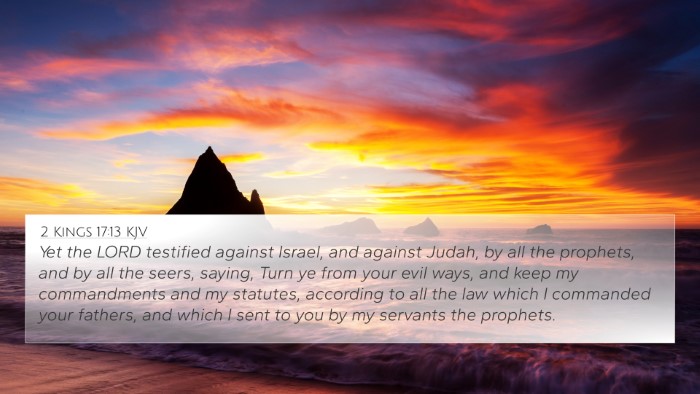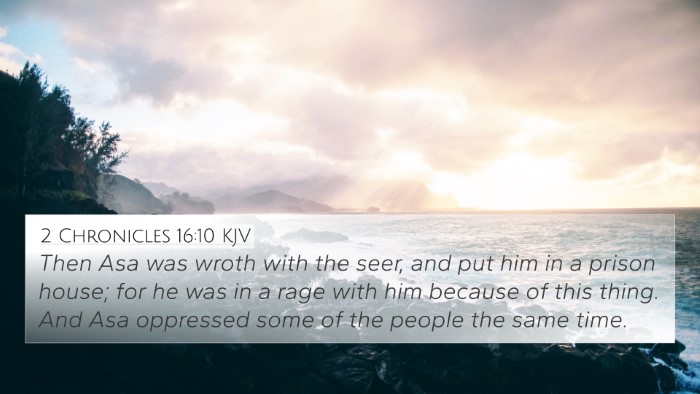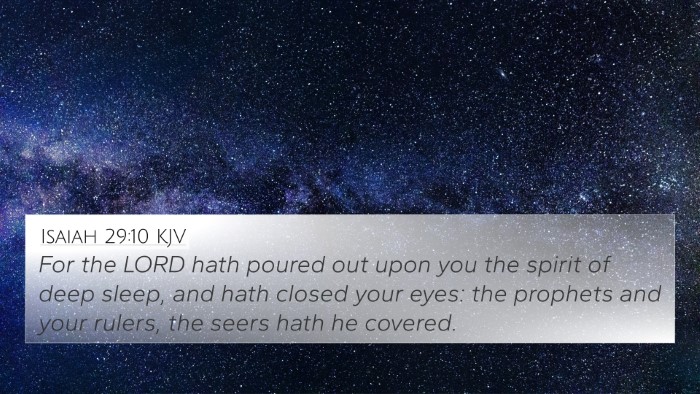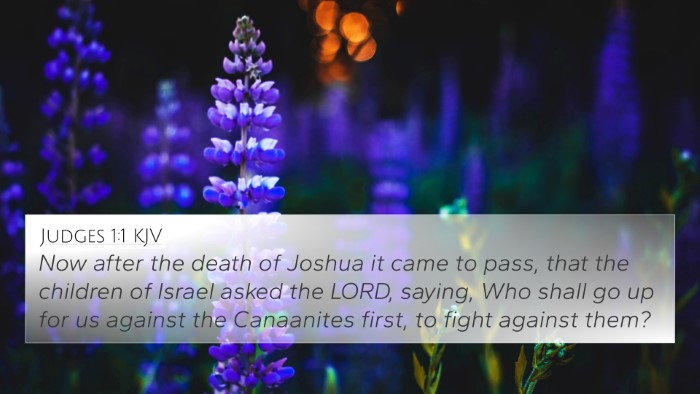Understanding 1 Samuel 9:9
Verse: "Beforetime in Israel, when a man went to inquire of God, thus he spake, Come, and let us go to the seer: for he that is now called a prophet was beforetime called a seer." (1 Samuel 9:9)
Summary of Meaning
This verse serves as a critical historical reference, emphasizing the shift in nomenclature regarding prophets in Israel. Matthew Henry notes that the term "seer" was previously used to refer to those who spoke for God, highlighting the evolution in their role and title. Albert Barnes elaborates on the significance of both terms, indicating that a "seer" perceives visions from God, while a "prophet" conveys His messages.
Contextual Insights
Historical Context: At the time, Israel was seeking guidance from God through what were recognized as spiritual leaders. The terminology change suggests a deepening of the relationship between the individuals and their divine guidance.
- Matthew Henry's Commentary: Emphasizes the necessity of divine guidance in human affairs and the role of seers in receiving and interpreting God's revelations.
- Albert Barnes' Notes: Indicates the significance of consulting God through seers, underscoring the Israelite need for prophetic revelation.
- Adam Clarke's Commentary: Points out that the terminology reflects a distinction in roles, with "seer" focusing on vision and foresight, while "prophet" centers on communication and exhortation.
Connections with Other Bible Verses
This verse relates to several others, forming a network of Biblical cross-references that enrich our understanding:
- 1 Chronicles 29:29: Chronicles mention the acts of seers and prophets, providing additional context for their roles in Israelite society.
- 2 Samuel 24:11: Highlights the role of prophets during King David’s reign, illustrating continuity in divine guidance.
- Amos 3:7: "Surely the Lord God will do nothing, but he revealeth his secret unto his servants the prophets," emphasizing the purpose of prophets as messengers of God's will.
- Jeremiah 1:5: God's prior knowledge of chosen individuals as prophets reinforces the significance of divine selection in prophetic roles.
- Ezekiel 12:27: Reflects on the steadfastness of God's messages delivered through His chosen representatives.
- John 1:21: Indicates the presence of prophetic roles during New Testament times, blurring the lines of historical definitions.
- Acts 21:10-11: Illustrates the ongoing role of prophets in the early Church, revealing the continuity of communication from God.
- Hebrews 1:1-2: Reveals the progressive nature of divine revelation, linking Old Testament prophets with the ultimate revelation in Christ.
- 1 Corinthians 14:32: Suggests that the spirits of prophets are subject to the prophets, indicating organized roles within prophetic communication.
- 1 Thessalonians 5:20: Advises believers not to despise prophetic utterances, suggesting the value and importance of continued prophetic voices.
Thematic Bible Verse Connections
This verse encourages deeper thematic study regarding the nature of prophecy and its manifestation through individuals chosen by God:
- Divine Communication: Explored through other related verses that speak on how God communicates with humankind, accentuating the significance of prophets and seers through time.
- The Role of Guidance: The need for leaders who can convey God’s will emerges throughout Biblical narratives, establishing the foundation for godly leadership.
- Evolving Terminology: The transition from ‘seer’ to ‘prophet’ invites exploration of how the understanding and language surrounding divine leadership has evolved in scriptural contexts.
Tools for Cross-Referencing
To analyze this verse and others effectively, various tools can facilitate understanding:
- Bible Concordance: An index of words and phrases in the Bible, allowing readers to locate specific verses.
- Bible Cross-Reference Guide: Resources that provide connections between verses, enhancing thematic studies and understanding.
- Cross-Referencing Bible Study: Methods that encourage readers to engage with multiple texts for a holistic understanding of scriptural themes.
- How to Use Bible Cross-References: Guides that assist in utilizing these references effectively for deep study and interpretation.
Conclusion
1 Samuel 9:9 opens a window into the functioning of prophetic voices within Israel's history and their ongoing relevance in understanding divine communication through scripture. By cross-referencing this verse with others, readers can appreciate the complexity and continuity of biblical themes related to prophecy, guidance, and the evolving nature of divine revelation.



